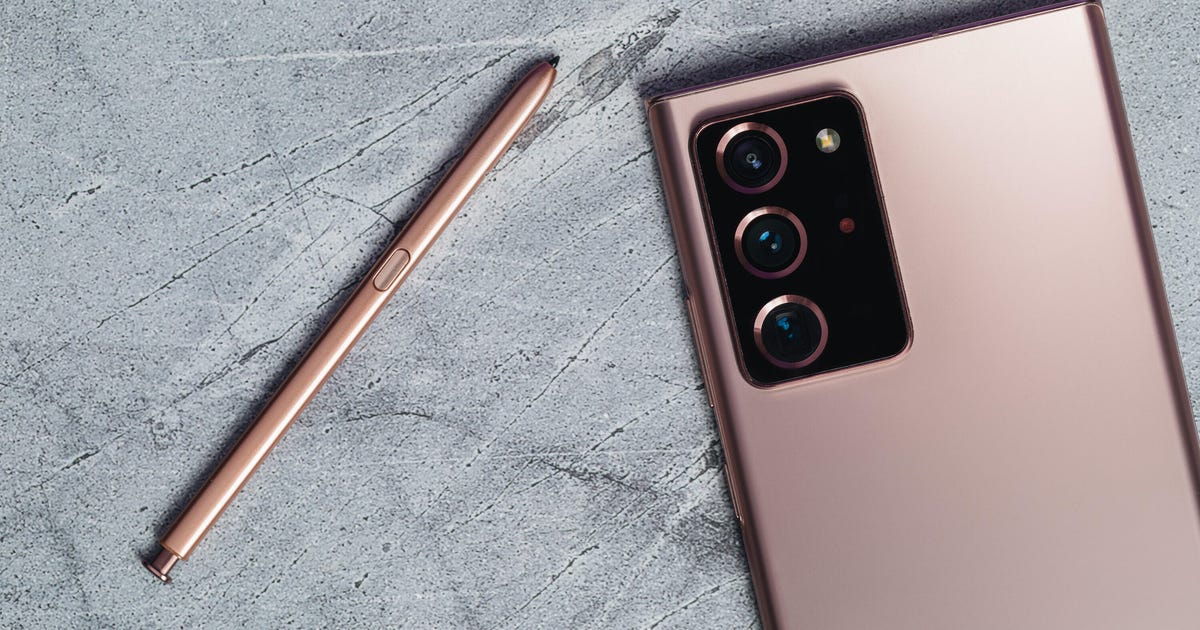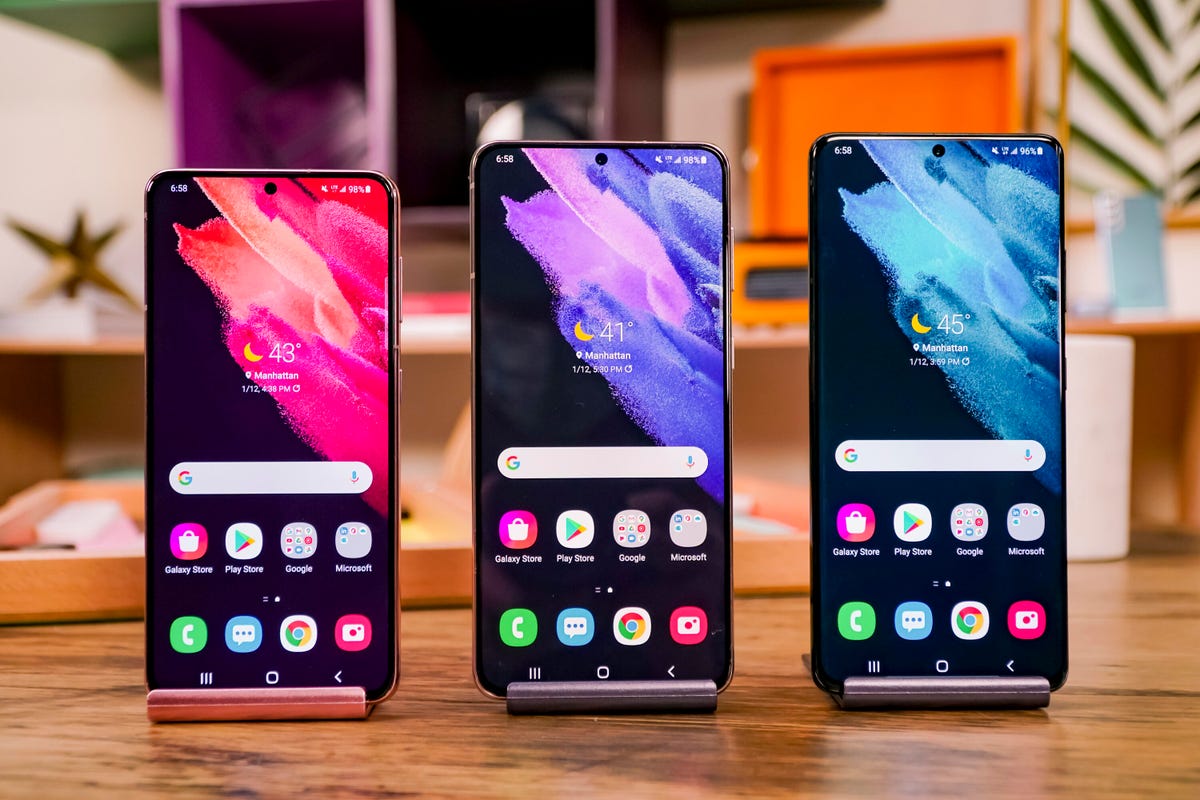S21 Plus Vs. Note 20 Ultra: Which Samsung Flagship Should You Buy?
S21 plus vs note 20 ultra which samsung flagship phone s21 plus vs note 20 ultra which samsung tablet s21 plus vs note 20 ultra which samsung tvs s21 plus vs note 20 ultra which samsung watch s21 plus vs note 20 ultra which samsung has the best s21 plus vs note 10 plus samsung s21 plus vs s20 fe galaxy s21 plus

S21 Plus vs. Note 20 Ultra: Which Samsung flagship should you buy?
Every year, Samsung releases a string of fancy phones for us to pick and choose from, and this year it seems to be no different. Months after Samsung unveiled its Note 20 family in August, it showed off a trio of sleek S21 phones.If you're in the market for a fancy Samsung phone that's not a foldable, then chances are the Note 20 Ultra and S21 Plus feature on your list.
Although it's clear both devices are high-end Android phones, the Note 20 Ultra and Galaxy S21 Plus originate from two distinct Samsung phone families, where each device plays a unique role, so it isn't an apples-to-apples comparison. Here are some of the key differences between the S21 Plus and the Note 20 Ultra.
The Note 20 Ultra is significantly more expensive than the S21 Plus
The Note 20 Ultra is the highest-end member of Samsung's more pro Note line, which is known for its powerful performance, large screens and stylus pens that let you write on the display. Meanwhile, the S21 Plus is a middle-of-the-range member of Samsung's main flagship line, the Galaxy S. In general, the Note series tends to be larger and pricier than Galaxy S phones. In this case, there's a $300 price difference. More specifically, the Note 20 Ultra will set you back $1,300 (£1,179, AU$1,894) for the base 128GB model, while the S21 Plus starts at $1,000 (£949, AU$1,549).
Does the S21 Plus have a better camera than the Note 20 Ultra?
We haven't had a chance to do a camera shoot yet, but it's probably safe to say that the Note Ultra takes better photos. Apart from being the pricier phone of the two, it has a more advanced module with larger sensors. The Note 20 Ultra is headlined by a 108-megapixel wide-angle shooter, while a 64-megapixel telephoto lens leads the pack in the S21. The zoom is also superior at 5x optical on the Note 20 Ultra versus a 3x hybrid optical zoom on the S21 Plus.
For a more detailed side-by-side comparison, scroll down to the specs chart below.
Does the S21 Plus have a better processor than the Note 20 Ultra?
The Note 20 was launched in 2020, so it has Qualcomm's top-of-the-line processor from last year: the Snapdragon 865 Plus. The S21, launched in January, has this year's Snapdragon 888 processor. Even though the Note 20 Ultra has the newer processor, you probably won't notice an immediate difference between the two. However, Qualcomm promises up to 25% to 35% better performance with the 888.

Does the S21 Plus come with a charger?
No, Samsung removed it. The South Korean company is pushing its customers to reuse older accessories in the name of the environment, just like Apple did with the iPhone 12 family.
Does the S21 Plus have expandable storage?
The S21 line also lost expandable local storage , joining last year's Galaxy Z Fold 2 and Z Flip foldables in ditching the microSD card slot because "usage has markedly decreased."
Is Samsung discontinuing its Note line?
Possibly. According to reports, Samsung may discontinue the series altogether, redeploying resources normally reserved for the Note line to focus on foldables instead. Samsung hasn't confirmed those reports, but the fact that it has added S Pen support to the S21 Ultra for the first time, lends credence to the rumours, especially since it blurs the lines between the Note and Galaxy S families.
For more information on how these two phones stack up, take a look at our specs chart below.
Galaxy S21 Plus vs. Note 20 Ultra
| | Galaxy S21 Plus | Samsung Galaxy Note 20 Ultra |
|---|---|---|
| Display size, resolution | 6.7-inch Flat FHD+ Dynamic AMOLED 2x, 2,400x1,080 pixels | 6.9-inch; 3,088x1,440 pixels |
| Pixel density | 394 ppi | 496 ppi |
| Dimensions (Inches) | 2.97x6.35x0.3 inches | 6.49x3.04x0.31 inches |
| Dimensions (Millimeters) | 75.6x161.5x7.8mm | 164.8x77.2x8.1mm |
| Weight (Ounces, Grams) | 7.12 oz; 202g | 7.33 oz, 208g |
| Mobile software | Android 11 | Android 10 |
| Camera | 64MP (telephoto), 12MP (wide-angle), 12MP (ultrawide) | 12-megapixel (ultra-wide), 108-megapixel (wide-angle), 12-megapixel (telephoto) |
| Front-facing camera | 10-megapixel | 10-megapixel |
| Video capture | 8K | 8K |
| Processor | Snapdragon 888 64-bit octa-core processor 2.8GHz (max 2.4GHz+1.8GHz) | Snapdragon 865 Plus |
| Storage | 128GB, 256GB | 128GB, 512GB |
| RAM | 8GB | 12GB |
| Expandable storage | None | Up to 1TB |
| Battery | 4,800 mAh | 4,500 mAh |
| Fingerprint sensor | In-screen | In-screen |
| Headphone jack | No | USB-C |
| Special features | IP68 rating, 5G-enabled, 30x Space Zoom, 10W wireless charging | 120Hz screen refresh rate, 5x optical zoom, 120Hz display; UWB sharing, S Pen stylus; 5G connectivity; Wireless PowerShare; water resistant (IP68) |
| Price off-contract (USD) | $1,000 (128GB) | $1,300 (128GB), $1,450 (512GB) |
| Price (GBP) | £949 | £1,179 |
| Price (AUD) | AU$1,549 | AU$1,849 (4G) and AU$1,999 (5G) |
Source
